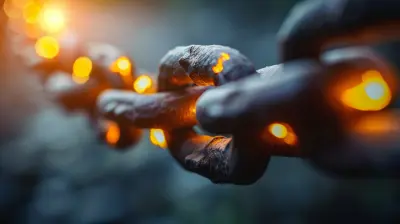Why We Love to Belong: The Psychology of Group Membership
28 October 2025
Belonging is one of our most fundamental human needs. We crave connection, seek out communities, and form bonds that shape our identities. But why? Why do we feel this strong emotional pull toward groups? Whether it's family, friendship circles, sports teams, or online communities, the psychology of group membership plays a massive role in shaping who we are.
In this article, we'll break down why we love to belong, the psychological benefits of group membership, and what happens when we feel excluded. Let's dive deep into the fascinating world of social bonds and human connection.
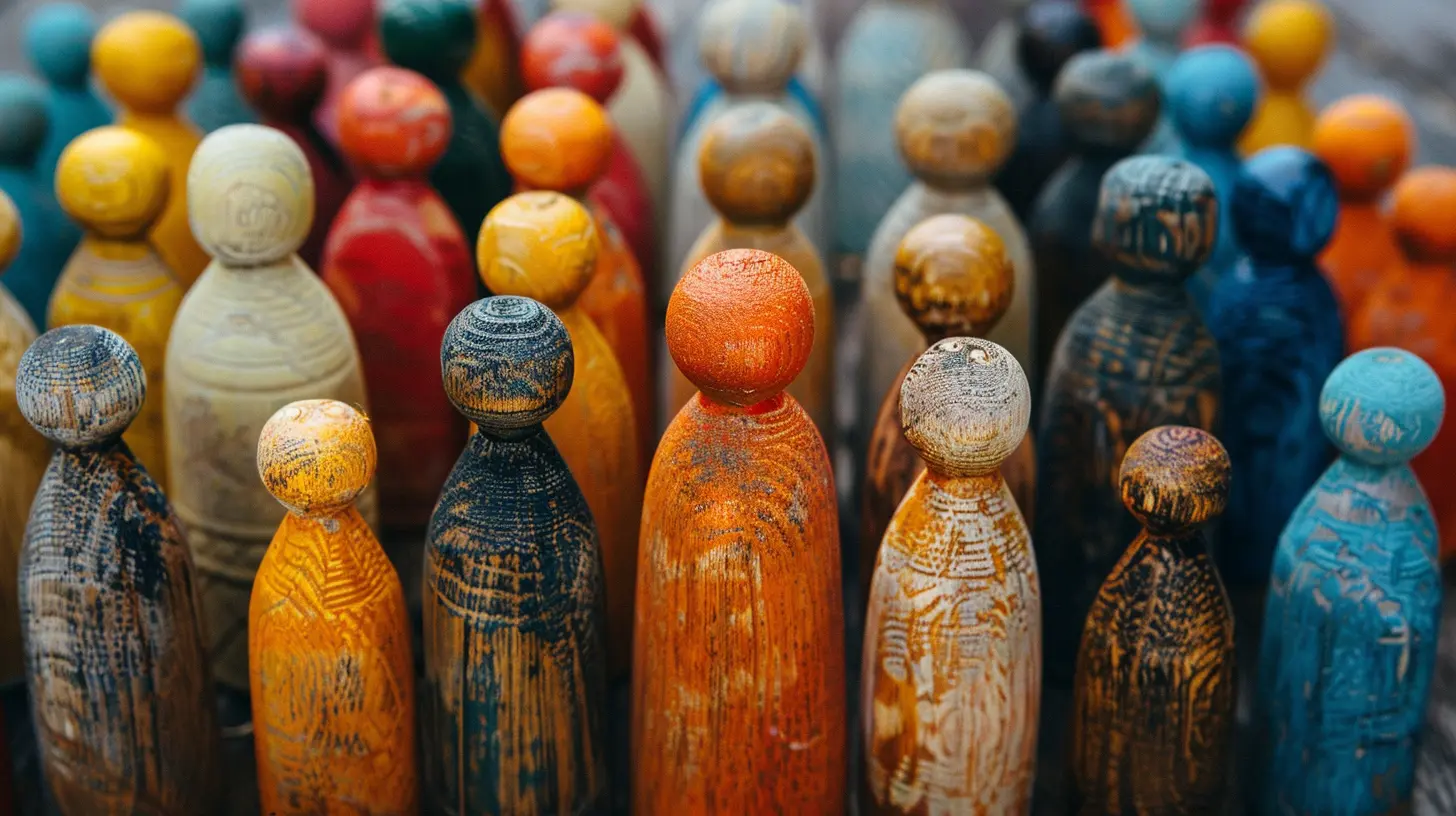
The Deep-Rooted Desire to Belong
From an evolutionary standpoint, our need to belong isn't just about feeling good—it was a matter of survival. Imagine living thousands of years ago in a world where predators roamed freely. Would you rather take on that world alone or as part of a tribe? Being part of a group increased the chances of survival, and over time, this need became hardwired into our brains.But it's not just about safety—it's about identity. When we belong to a group, we share values, goals, and a sense of purpose. This connection reinforces our self-worth, making us feel important and understood.
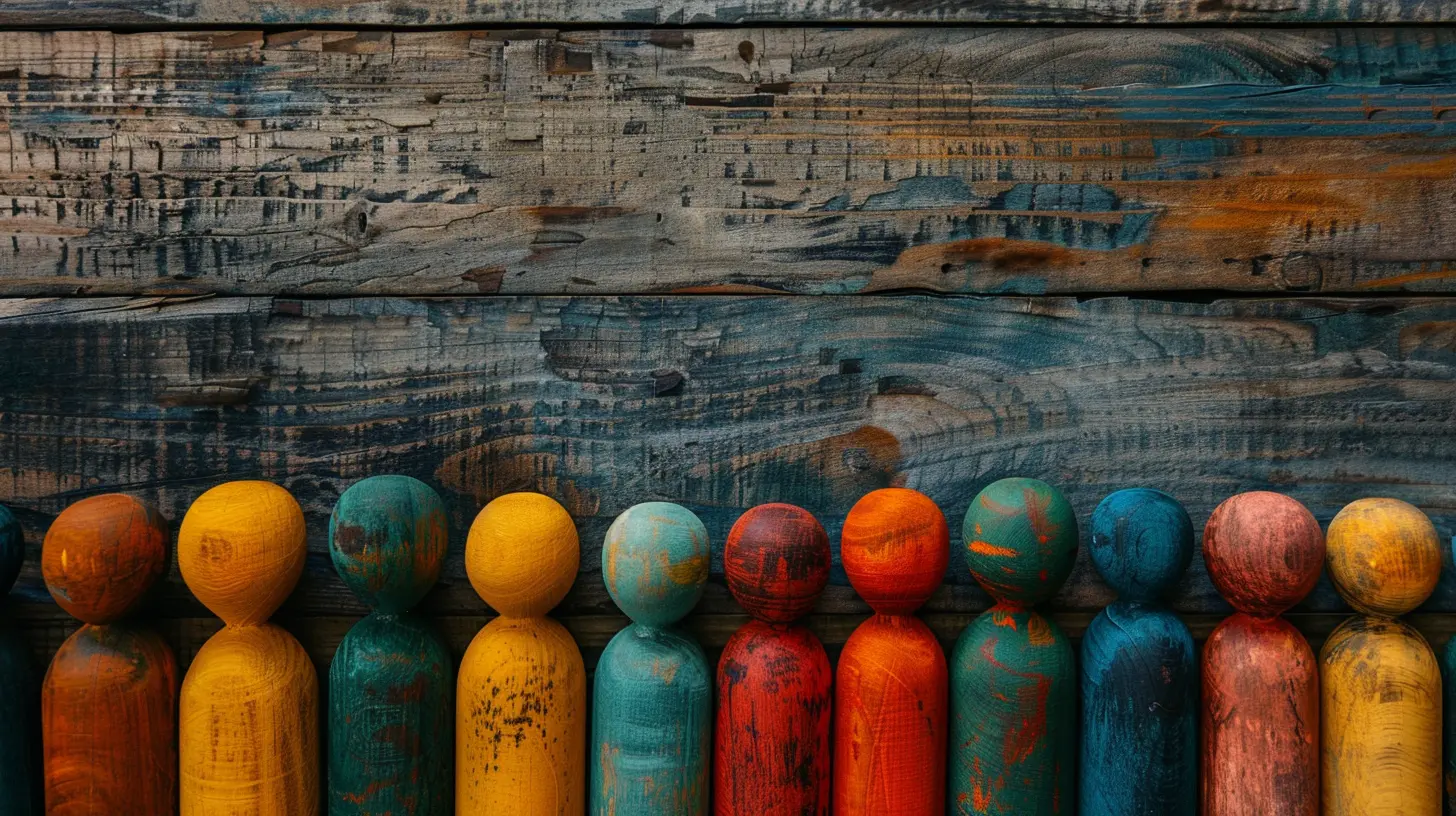
The Psychological Benefits of Group Membership
Being part of a group impacts us in more ways than we realize. Here’s how:1. Boosts Self-Esteem
Ever noticed how wearing a team jersey makes you feel a sense of pride? That’s because being associated with a group enhances your self-esteem. When we belong to a social circle, we feel valued and validated. It reassures us that we have a place in the world.2. Provides Emotional Support
Life can be tough. But when you have a group of people who understand and support you, challenges become easier to manage. Whether it's family comforting you in tough times or online friends cheering you on, social groups provide a cushion against stress and anxiety.3. Encourages Personal Growth
Surrounding yourself with like-minded people—or even those who challenge you—pushes you to grow. Think about it: when you're in a fitness group, you're more likely to stay committed to your goals. When you're in a book club, you read more. Groups influence our behaviors and encourage self-improvement.4. Creates a Sense of Identity
Who are you? Your answer probably includes references to the groups you belong to—whether it's your nationality, religion, workplace, or even your favorite fandom. Groups give us a sense of who we are and where we fit in the world.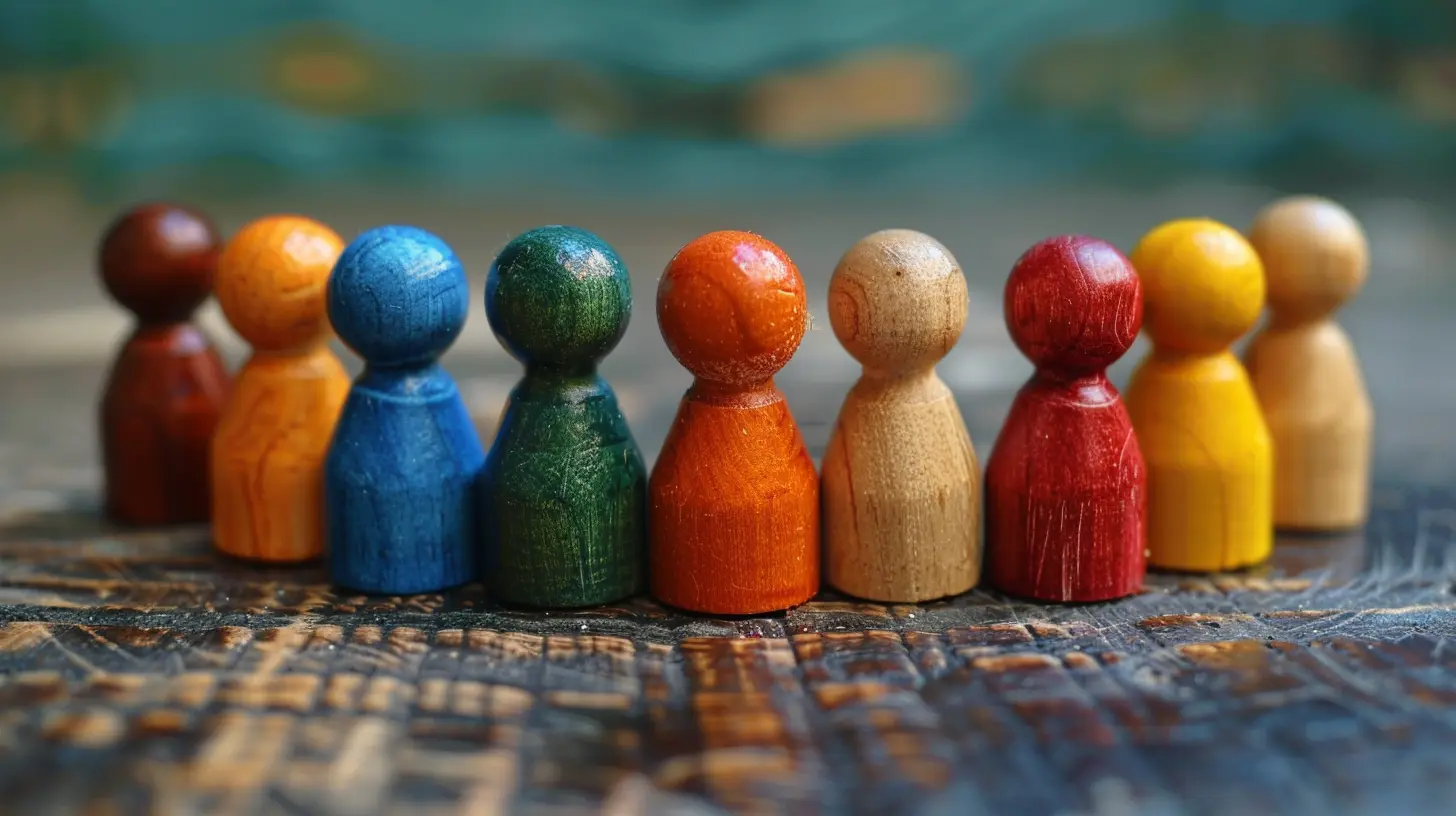
What Happens When We Feel Excluded?
Belonging feels incredible, but exclusion? Not so much. Social rejection can be devastating. In fact, studies show that being ostracized activates the same areas of the brain as physical pain.When people feel left out, they may experience:
- Low self-esteem – Feeling disconnected leads to self-doubt.
- Increased stress and anxiety – Loneliness is linked to higher levels of cortisol (the stress hormone).
- Depression – Long-term social isolation can contribute to depression and even physical health problems.
That’s why inclusion matters. We thrive when we feel accepted, but isolation can take a serious toll on our well-being.
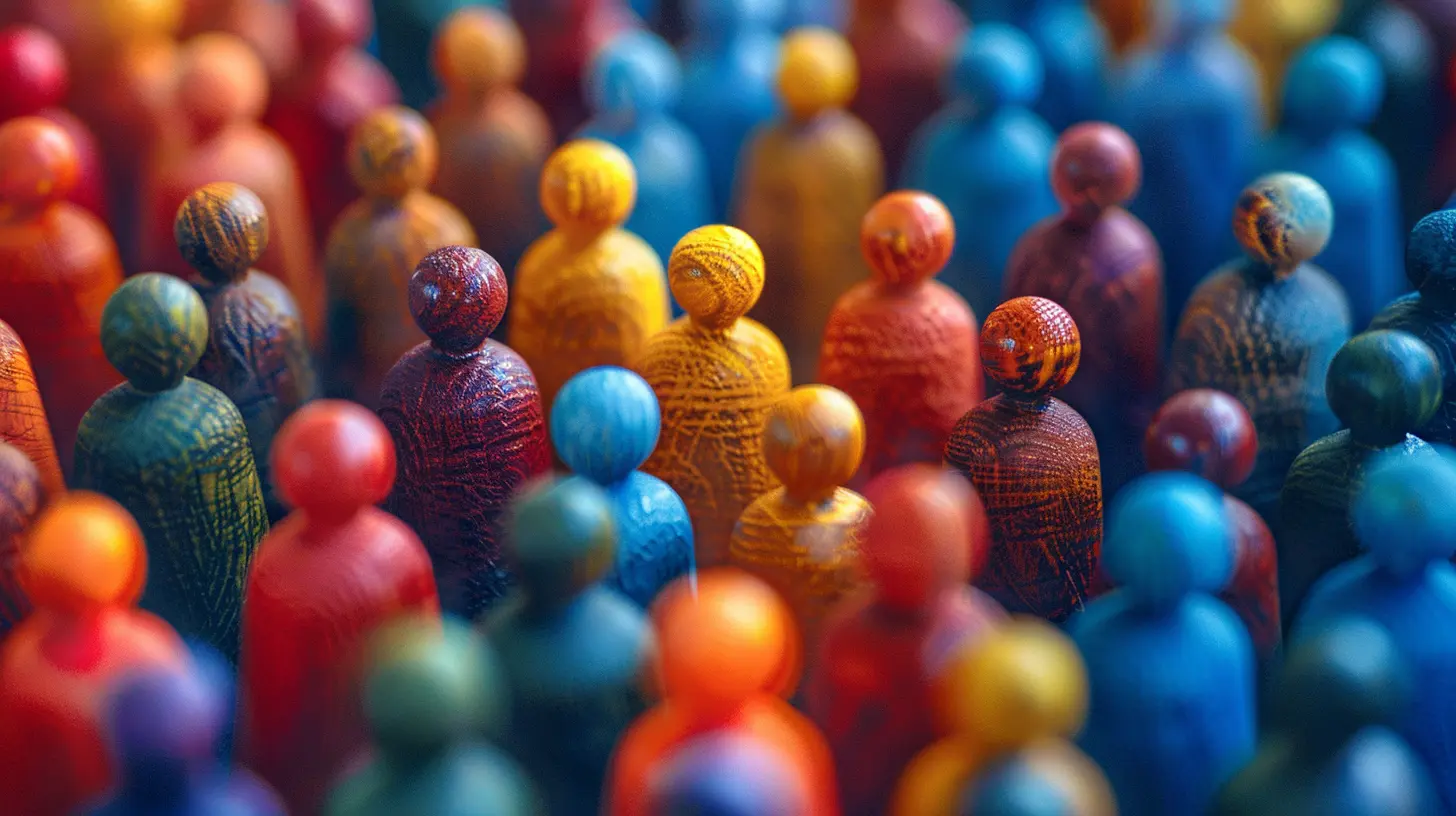
The Role of Social Media in Group Membership
In the digital age, group membership has taken on a whole new meaning. No longer are we limited to local communities—we can connect with people across the globe. Social media platforms have created online tribes where people can share interests, engage in discussions, and form deep connections, even with strangers.But this comes with a downside. Social media can sometimes lead to toxic groupthink, where differing opinions are shut down. It can also create false belonging, where people chase validation through likes and comments.
That said, when used wisely, online communities can be just as meaningful as real-life ones. Whether it's a support group, a hobby forum, or even a meme page, digital groups offer a sense of belonging that can be just as powerful as in-person interactions.
Why Some People Struggle with Belonging
Ever felt like an outsider, even in a crowded room? Some people struggle with feeling like they truly belong. This can happen due to various reasons:- Social Anxiety – Fear of judgment can make group interactions stressful.
- Past Trauma – Negative experiences with rejection can make people wary of new connections.
- Different Interests or Values – Sometimes, people just don’t fit into the common mold, and that’s okay.
If you’ve ever felt like you don’t belong, remember this: the right groups are out there. It’s about finding people who align with your values and appreciate you for who you are.
How to Find Your Tribe
If you’re searching for a sense of belonging, here are some ways to find your people:1. Identify Your Interests – What excites you? Whether it’s gaming, fitness, art, or philosophy, there’s a group for that.
2. Join Communities – Attend meetups, sign up for clubs, or engage in online forums.
3. Be Authentic – True belonging comes from being yourself, not from trying to fit in.
4. Take the Initiative – Sometimes, the best way to find a group is to create one. Start a book club, a hiking group, or a discussion circle.
Final Thoughts: We Are Wired to Connect
At the end of the day, human beings are social creatures. We thrive when we have meaningful connections, and we struggle when we feel alone. Group membership gives us a sense of purpose, security, and identity. Whether it's through family, friendships, or shared interests, belonging adds depth and richness to our lives.So, if you've ever wondered why you crave connection, it's because you're human. And being part of something bigger than yourself? That’s one of the most fulfilling experiences life has to offer.
all images in this post were generated using AI tools
Category:
Social PsychologyAuthor:

Gloria McVicar
Discussion
rate this article
1 comments
Oren Taylor
This article effectively highlights the deep psychological need for belonging. It beautifully examines how group membership fulfills our innate desires for connection, identity, and support, emphasizing its importance in our lives.
November 8, 2025 at 5:46 AM

Gloria McVicar
Thank you for your thoughtful analysis! I'm glad you found the article resonant in exploring the vital role of belonging in our lives.


